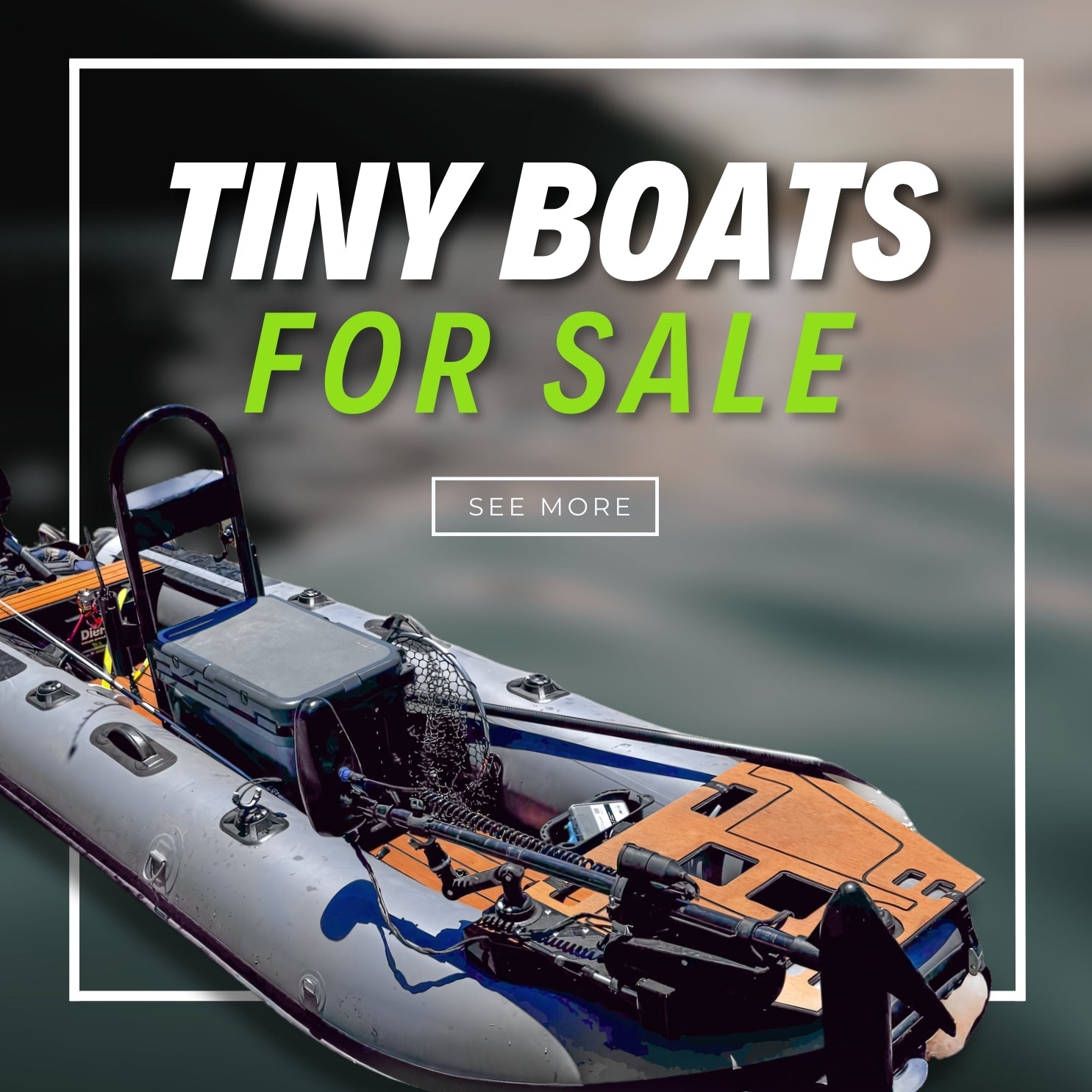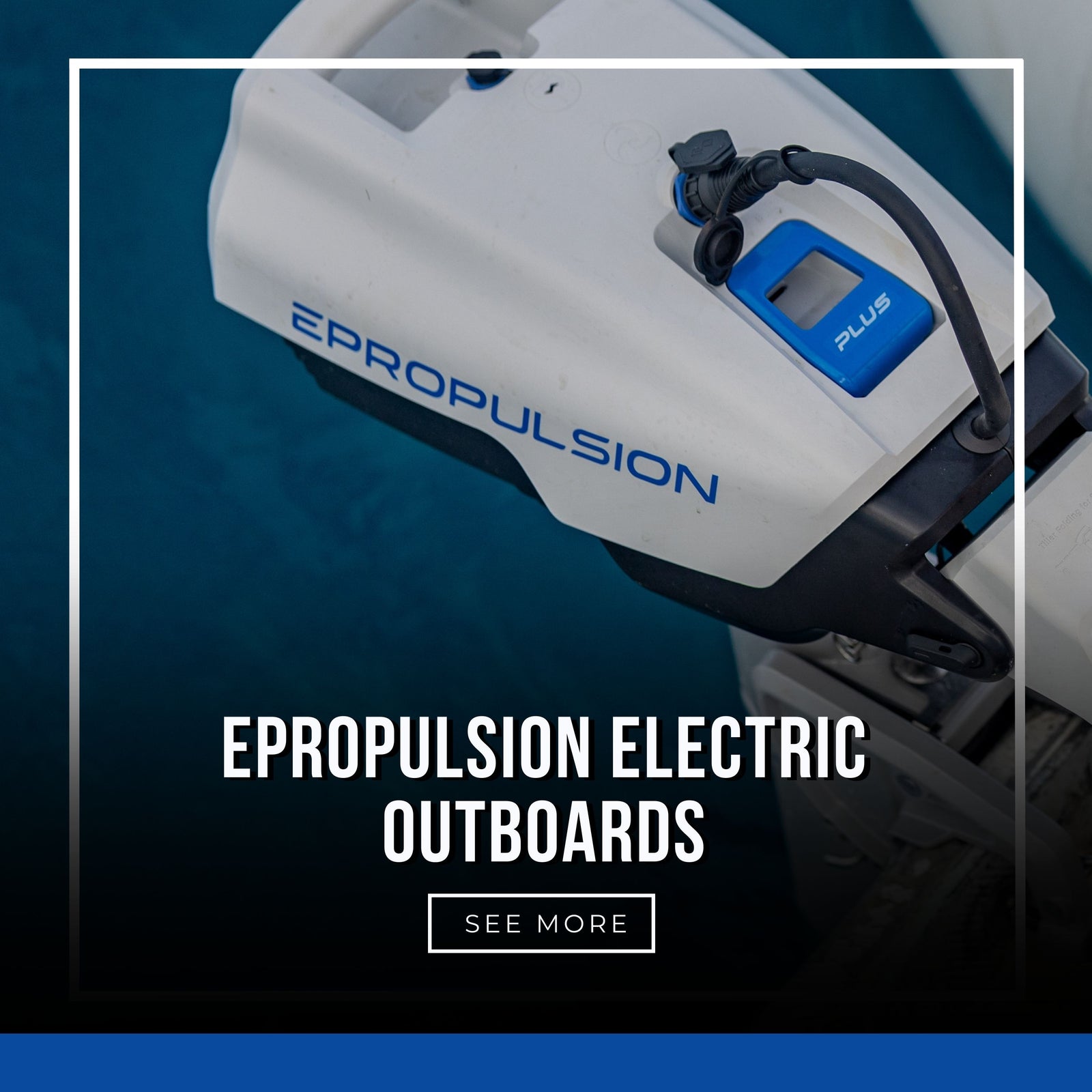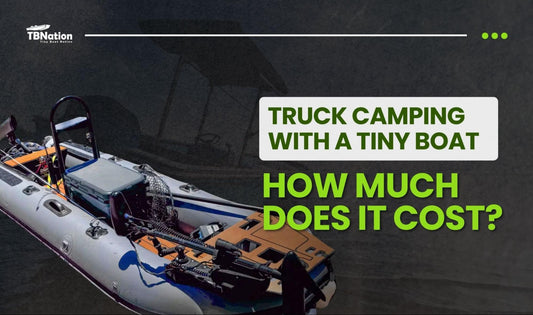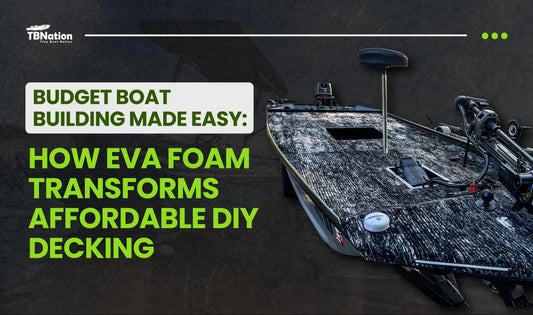Your Cart is Empty
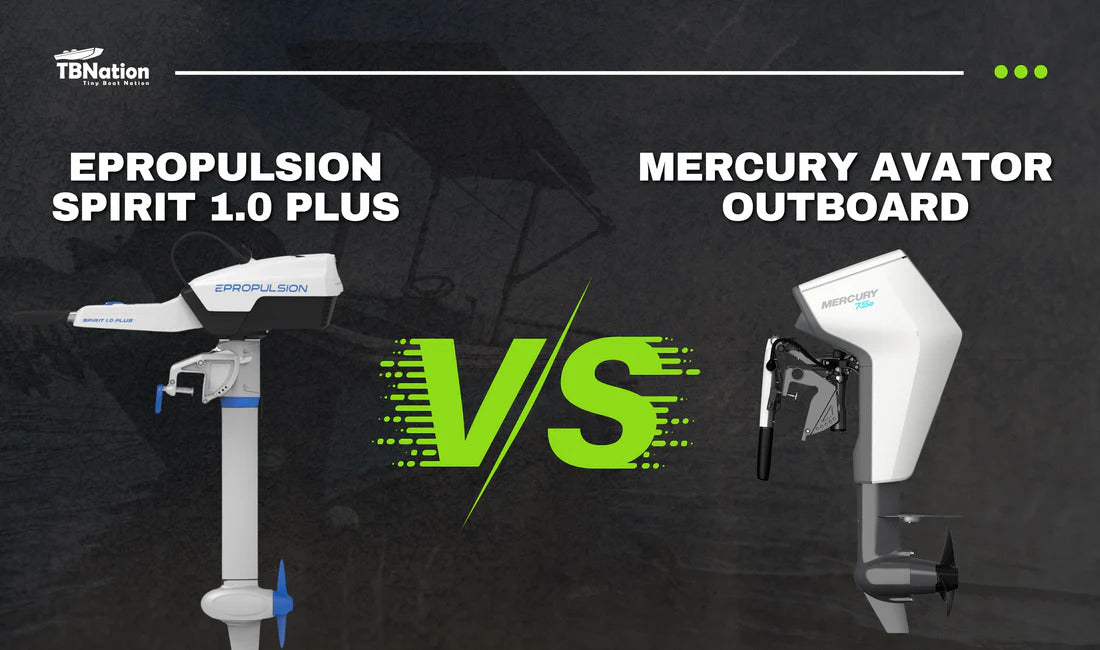
EPropulsion Spirit 1.0 Plus Vs Mercury Avator Electric Outboard
Electric outboard motors are becoming increasingly popular as more people become concerned about environmental conservation. EPropulsion Spirit 1.0 plus and Mercury Avator Electric Outboard are among the most popular electric outboard motors on the market.
But which one is better? In this article, we'll provide a detailed comparison of the two models to help you make an informed decision.
Choosing the right electric boat motor is essential for both new and seasoned boaters. These motors offer key advantages like quiet operation, energy efficiency, and reduced environmental impact. Among the top options on the market, the Epropulsion Spirit 1.0 Plus and Mercury Avator stand out as reliable, high-performance models worth considering for a smooth and sustainable ride.
Features:
When choosing an electric outboard motor, it's essential to consider the features that matter most to you. Here's how the EPropulsion Spirit 1.0 plus and Mercury Avator Electric Outboard compare in terms of features.
EPropulsion Spirit 1.0 plus
| Feature | Specification |
|---|---|
| Motor power | Maximum output of 3 horsepower (hp) |
| Battery capacity | 1278 watt-hour (Wh) battery capacity |
| Range | Up to 22 nautical miles at 30% Throttle |
| Weight | 21 kg (46 lbs) total with the battery |
| Noise level | Less than 40 decibels (dB) at full speed |
Mercury Avator Electric Outboard
| Feature | Specification |
|---|---|
| Motor power | Maximum output of 3.5 horsepower (hp) |
| Battery capacity | 1000 watt-hour (Wh) battery capacity |
| Range | Up to 34 miles at 25% Throttle |
| Weight | 24.4kg (54 lbs) total with battery |
| Noise level | Less than 60 decibels (dB) at full speed |
Performance:
The performance of an electric outboard motor is a critical factor when choosing the right model. Here's how the EPropulsion Spirit 1.0 plus and Mercury Avator Electric Outboard compare in terms of performance.
EPropulsion Spirit 1.0 plus:
| Performance Feature | Specification |
|---|---|
| Acceleration | Smooth acceleration |
| Top speed | 6 mph |
| Endurance | Longer runtimes at all speeds compared to the Avator |
Mercury Avator Electric Outboard:
| Performance Feature | Specification |
|---|---|
| Acceleration | Smooth acceleration |
| Top speed | 4 mph |
| Endurance | Less runtimes at all speeds compared to the Spirit 1.0 plus |
Ease of use:
The ease of use of an electric outboard motor is essential for both novice and experienced boaters. Here's how the EPropulsion Spirit 1.0 plus and Mercury Avator Electric Outboard compare in terms of ease of use.
EPropulsion Spirit 1.0 plus
| Ease of Use Feature | Specification |
|---|---|
| Control system | Simple and user-friendly control system |
| Charging time | 8 hours to charge |
| Portability | More portable due to its lighter weight |
Mercury Avator Electric Outboard
| Ease of Use Feature | Specification |
|---|---|
| Control system | Simple and user-friendly control system |
| Charging time | 10 hours to charge |
| Portability | Less portable due to its heavier weight |
Durability and maintenance
Durability and maintenance are essential factors to consider when choosing an electric outboard motor. Here's how the EPropulsion Spirit 1.0 plus and Mercury Avator Electric Outboard compare in terms of durability and maintenance.
EPropulsion Spirit 1.0 plus
| Durability Feature | Specification |
|---|---|
| Construction materials | Made with high-quality materials that are durable and resistant to corrosion |
| Warranty | Comes with a 3-year warranty |
| Maintenance requirements | Requires minimal maintenance |
Mercury Avator Electric Outboard
| Durability Feature | Specification |
|---|---|
| Construction materials | Made with high-quality materials that are durable and resistant to corrosion |
| Warranty | Comes with a 3-year warranty |
| Maintenance requirements | Requires more frequent battery replacements due to less runtime |
Comparison and Conclusion
Overall, both the Epropulsion Spirit 1.0 Plus and Mercury Avator are reliable and efficient electric outboard motors. The Spirit 1.0 Plus offers a more affordable, portable, and quieter option—reflecting the innovative design that sets Epropulsion apart in the world of electric boating. When choosing between the two, consider your specific needs to find the motor that best fits your style and environment.
In conclusion, the EPropulsion Spirit 1.0 plus and Mercury Avator Electric Outboard are both excellent choices for those looking for a reliable and eco-friendly electric outboard motor. Ultimately, the choice between the two models depends on your specific needs, such as performance, portability, and price.
Frequently Asked Questions
1. What’s the EPropulsion Spirit 1.0 Plus?
It’s a light, quiet electric motor that works great for small boats like dinghies and fishing boats.
2. What about the Mercury Avator?
Mercury’s electric motor is a bit heavier and costs more, but it still delivers solid power.
3. Which one saves more battery?
The Spirit 1.0 Plus uses less power, especially when going slow, so you get more time on the water.
4. Are they easy to carry and use?
The Spirit 1.0 Plus is lighter and easier to move around. The Avator is heavier and takes a bit more effort.
5. Which one should I pick?
If you want quiet, simple, and easy, go with the Spirit 1.0 Plus. Looking for more power and don’t mind the weight? Try the Avator.
Join Our VIP List
Join the Tiny Boat Nation VIP Members List.
It's Free! Stay Up To Date With Announcements, Product Give Aways, News and Promotions.

